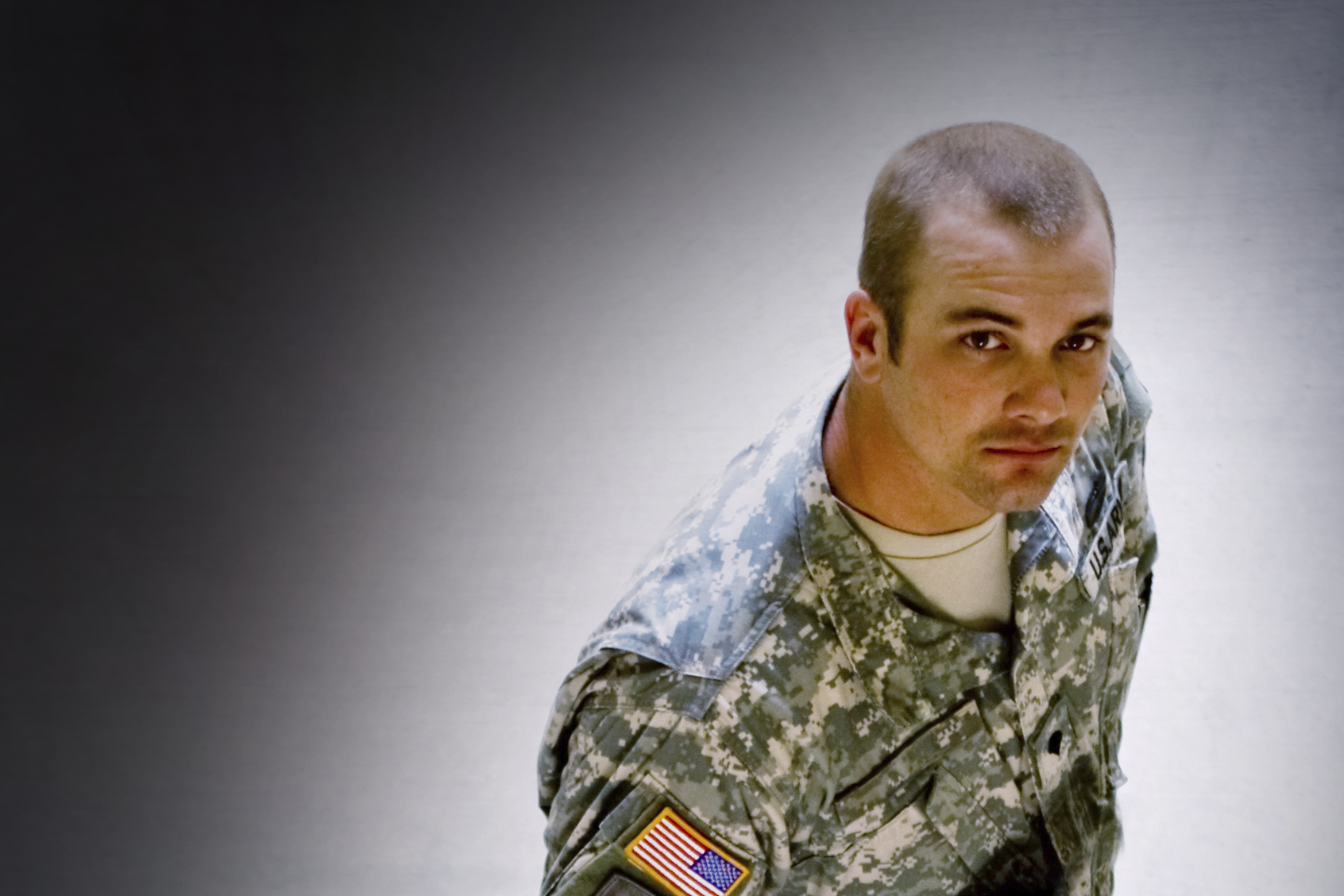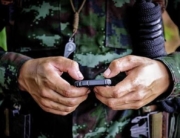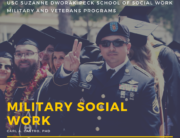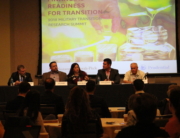by Claudia Bustamante
The ground-breaking research conducted by the USC School of Social Work’s military center on local veteran transition challenges will now be able to help veterans outside of Southern California thanks to a $316,000 grant aimed at replicating the study in Chicago.
The grant by the Robert R. McCormick Foundation will fund the Chicagoland Veterans Study, a comprehensive needs assessment developed by the USC Center for Innovation and Research on Veterans & Military Families. USC, in partnership with Loyola University Chicago (LUC) and with additional support from Deloitte and Prudential, will survey 2,000 veterans in Chicago and surrounding counties, providing local leaders and philanthropists with valuable, detailed data on the needs of their military population.
“We have some data, but it’s all coming from the usual suspects—VA, unemployment office, census. None of it deals with the very specific needs of our veterans,” said Eli Williamson, director of the foundation’s veterans program.
Williamson heard about the USC study as he traveled the country in search of best practices to bring back to Chicago. While in California a few years ago, he learned about 211 LA County’s network that allowed veterans to call in for services. At the time, 211 and the rest of the Los Angeles Veterans Collaborative had helped develop the original survey and planned to use the data to better target local veteran resources.
“Knowing that we needed that level of data in Chicagoland, I reached out to see if USC could work with local partners and guide us on how best to collect data using their framework,” Williamson said.
Veteran Studies
Two years ago, the USC center conducted the first comprehensive study of a large urban military population in Los Angeles County, home to the highest number of veterans across the country. This landmark study was followed by a similar one of veterans in neighboring Orange County, California. The results from both studies have informed local leaders and philanthropic organizations as they move toward creating more effective and efficient veteran services.
This latest study will delve into the same topics—transition challenges, employment, finances, housing, health and access to services—while also providing a chance to further explore other areas, such as the experiences of women veterans and how military identity and perception may impact transition.
Sara Kintzle, USC research assistant professor overseeing the study, said that this study will not only provide valuable data on Chicago-area veterans, but it will also have national implications.
“We learned something in Los Angeles and saw similar results in Orange County,” Kintzle said. “If the same holds true in Chicago, then it will further validate what we’ve seen as the biggest pressing needs that all veterans experience, regardless of location.”
Local Partners
To help disseminate the Chicago survey, an advisory board comprising cross-sector business and government organizations was established. Researchers from USC are also partnering with Loyola University Chicago School of Social Work to conduct the study and ensure the results won’t live in a vacuum.
“We see ourselves as the beneficiary of USC’s expertise in data collection,” said Janice Matthews Rasheed, LUC professor. “We’re in the unique position of being able to implement the findings and use the data to bring people together to institute, shore up, and refine new developments of programs and services.”
Having such strong, local partnerships is key to the success of this study, especially since USC researchers are unfamiliar with the Chicago environment. They have already proven valuable in helping shape one of the crucial aspects of the survey—identifying the population base.
Unlike previous versions, the Chicagoland Veterans Study will not focus solely on veterans residing in the city of Chicago or Cook County, Illinois. It is fairly common for veterans in that area to travel across county lines for services, especially with major VA hospitals located in and around the city. For this study, “Chicagoland” has been defined as Cook, DuPage, Will and Lake counties with a total population of more than 325,000 veterans, comparable to the size of Los Angeles County.
Also, unlike Los Angeles’ demographics, the Chicago area has far fewer Latinos and Asians and larger populations of African-American and white veterans.
Williamson is interested in finding out how needs change based on these demographics, but, regardless, he hopes the Chicagoland Veterans Study will be able to inform multiple stakeholders in the city. The data from the study could propel more philanthropic organizations to include veterans’ issues as part of their effort. Municipal leaders could advocate for their constituents. Service providers could coordinate across the region.
But to be truly successful in helping Chicago’s veterans, even more people need to be informed, Williamson said.
“The general populace has not gone to war for the last decade. These people are not really close to these issues,” he said. “Being able to articulate veterans’ needs to people who are not veterans is the final piece.”








